50 Women in Robotics you need to know about 2022
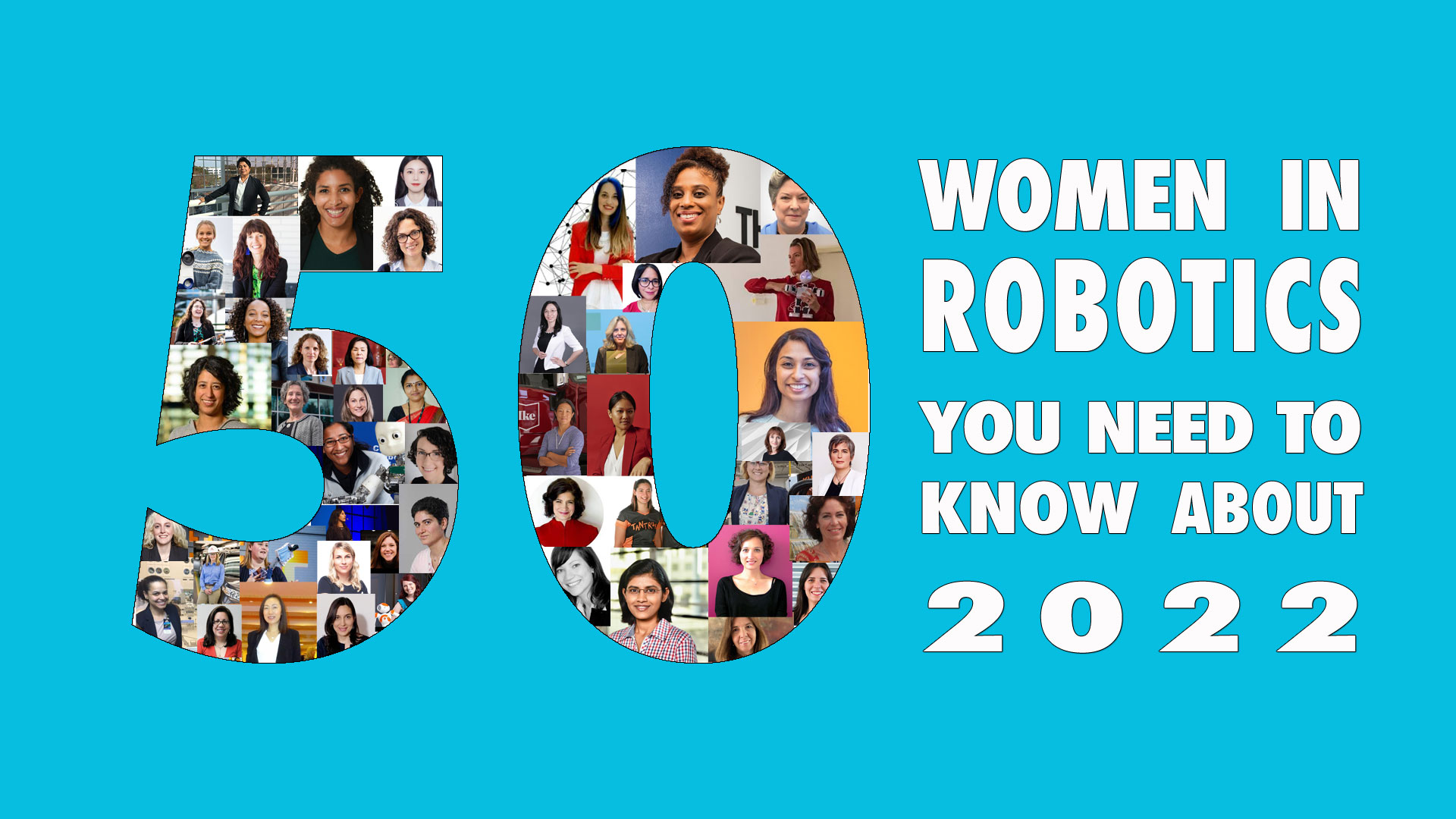
Our Women in Robotics list turns 10 this year and we are delighted to introduce you to another amazing “50 women in robotics you need to know about” as we also celebrate Ada Lovelace Day. We have now profiled more than 300 women AND non-binary people making important contributions to robotics since the list began in 2013. This year our 50 come from robotics companies (small and large), self-driving car companies, governments, research organizations and the media. The list covers the globe, with the chosen ones having nationalities from the EU, UK, USA, Australia, China, Turkey, India and Kenya. A number of women come from influential companies that are household names such as NASA, ABB, GE, Toyota and the Wall Street Journal. As the number of women on the list grows so does the combined global impact of their efforts, increasing the visibility of women in the field who may otherwise go unrecognized. We publish this list to overcome the unconscious perception that women aren’t making significant contributions. We encourage you to use our lists to help find women for keynotes, panels, interviews and to cite their work and include them in curricula.
The role models these 50 women represent are diverse, ranging from emeritus to early career stage. Role models are important. Countess Ada Lovelace, the world’s first computer programmer and an extraordinary mathematician, faced an uphill battle in the days when women were not encouraged to pursue a career in science. Fast forward 200 years and there are still not enough women in science, technology, engineering or math (STEM). One key reason is clear: the lack of visible female role models and so we continue to run our women in robotics photo challenge, to showcase real women building real robots. Women in STEM need to be equally represented at conferences, keynotes, magazine covers, or stories about technology. Although this is starting to change, the change is not happening quickly enough. You can help. Spread the word and use this resource to inspire others to consider a career in robotics. As you will see there are many different ways the women we profile are making a difference.
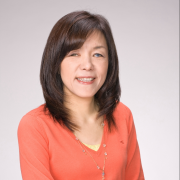
Chieko Asakawa
Chieko Asakawa is an IBM Fellow at CMU who has pioneered accessible technology for the visually impaired. Winner of many awards in US and Japan, she is also the Chief Executive Director of Japanese National Museum of Emerging Science and Innovation.

Marina Bill
Marina Bill is President of the International Federation of Robotics, Vice President at ABB Robotics and President of the European AI, Data & Robotics Partnership, which is directing 2.6 Billion euros towards value driven, trustworthy robotics and AI.
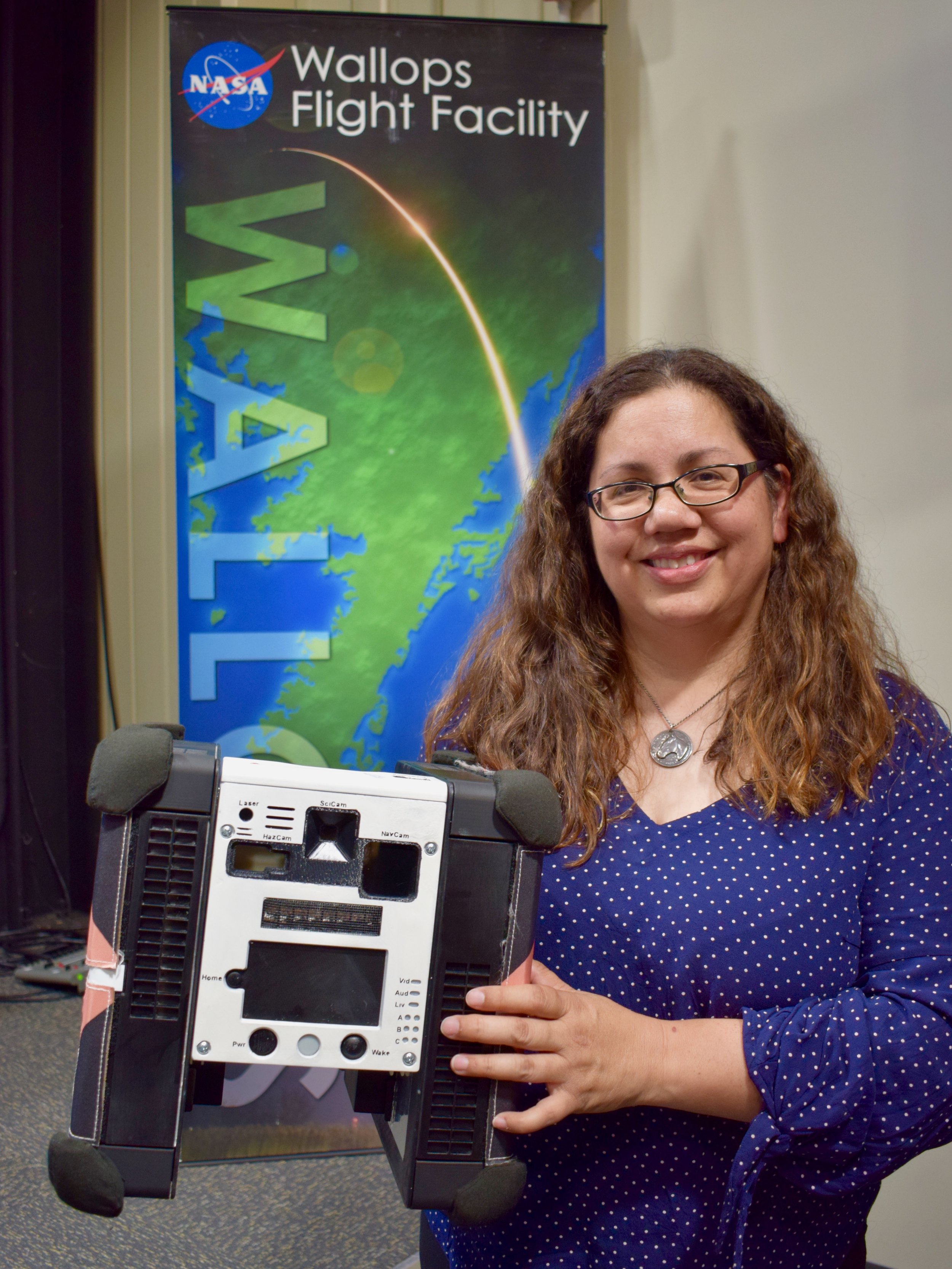
Maria Bualat
Maria Bualat is the Group Lead for the Intelligent Robotics Group at NASA Ames Research Center, where she develops robotics systems for space exploration. Her projects include Astrobees, the Mars program's ARC Rover Testbed and Surface Telerobotics.

Jill Burnett
Jill Burnett was the Innovation Manager at Bristol Robotics Laboratory helping startups to commercialize. She is now Director and CoFounder of a BRL spinout, WaveDrives, making innovative rotary and linear actuators for devices like the Schunk Hand.
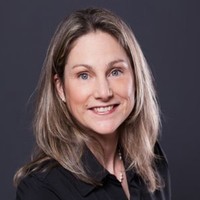
Marie-Christine Caron
Marie-Christine Caron is Senior Operations Manager at GE Bromont and was featured in SME's 2020 list of women making their mark in robotics and automation. Her knowledge of manufacturing systems helps GE Aviation adopt the latest technologies.

Mariela Cerrada Lozada
Mariela Cerrada Lozada combines AI, data science, ML, and control systems expertise to improve industrial manufacturing. She is based at Universidad Politécnica Salesiana, Ecuador. and has a top 2% science impact ranking.

Mollie Claypool
Mollie Claypool is CoFounder and CEO of Automated Architecture, building a distributed manufacturing network for regenerative net-zero timber housing using advanced robotics. She also cowrote Robotic Building: Architecture in the Age of Automation.
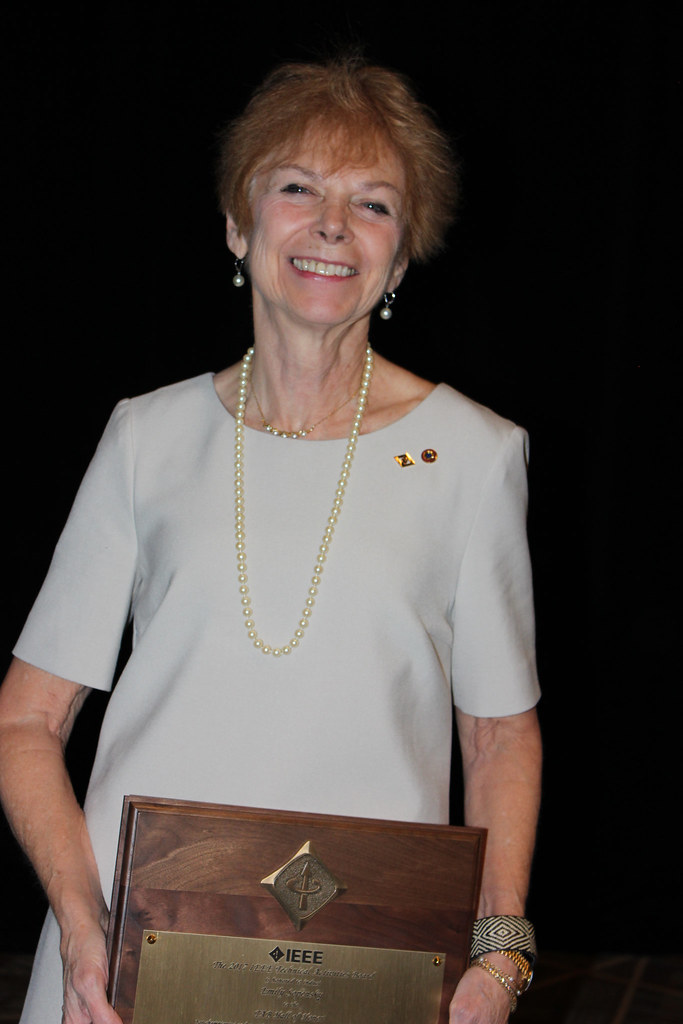
Kathy Colabaugh
Kathy Colabaugh has been a Senior Administrator at IEEE since 2000, Program Specialist since 2005 and Society Operations Manager for the Robotics and Automation Society since 2011. She made everything work (and we wish her happy retirement!)
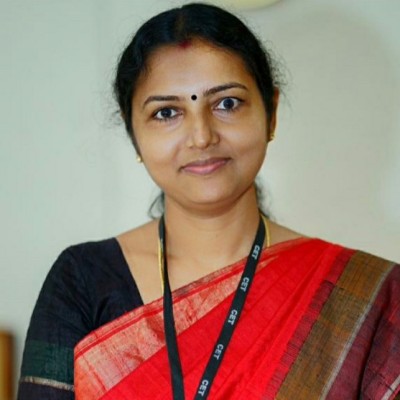
Electrical Engineering Department College of Engineering Trivandrum
The Electrical Engineering Dept at College of Engineering Trivandrum has many excellent women students, professors, inventors and roboticists, including VR Jisha who leads the Kerala IEEE RAS Chapter and is Dean of Student Affairs.
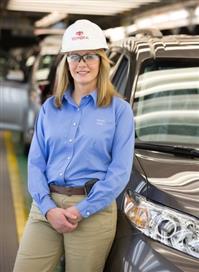
Leah Curry
Leah Curry is President of one of Toyota's largest US plants, responsible for over 450,000 vehicles/yr and 10,000 team members. Her background is in industrial engineering, and she can see the value that AI and robotics will bring to her workforce.
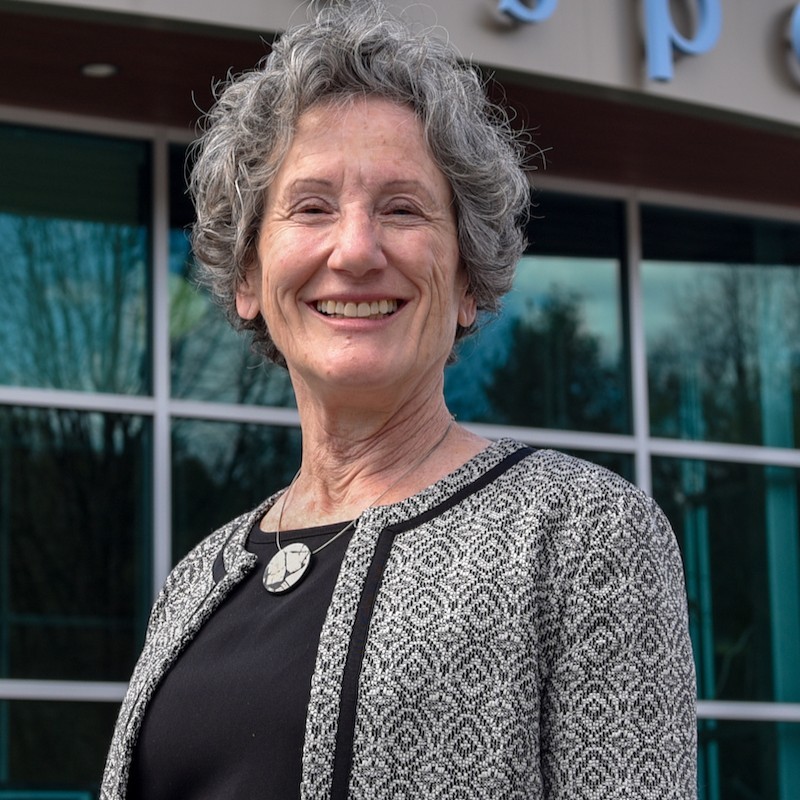
Jeanne Dietsch
Jeanne Dietsch cofounded Mobile Robotics in 1995 and was CEO until the company was sold to Adept Technology in 2010, where she was VP of Emerging Technology. She is proud of the impact her world leading affordable autonomous mobile robots have had.

Aubrey Donnellan
Aubrey Donnellan is CoFounder and COO of Bear Flag Robotics, building autonomous technology for farm tractors. She is an engineer with a business degree and is passionate about making food production more affordable and sustainable.
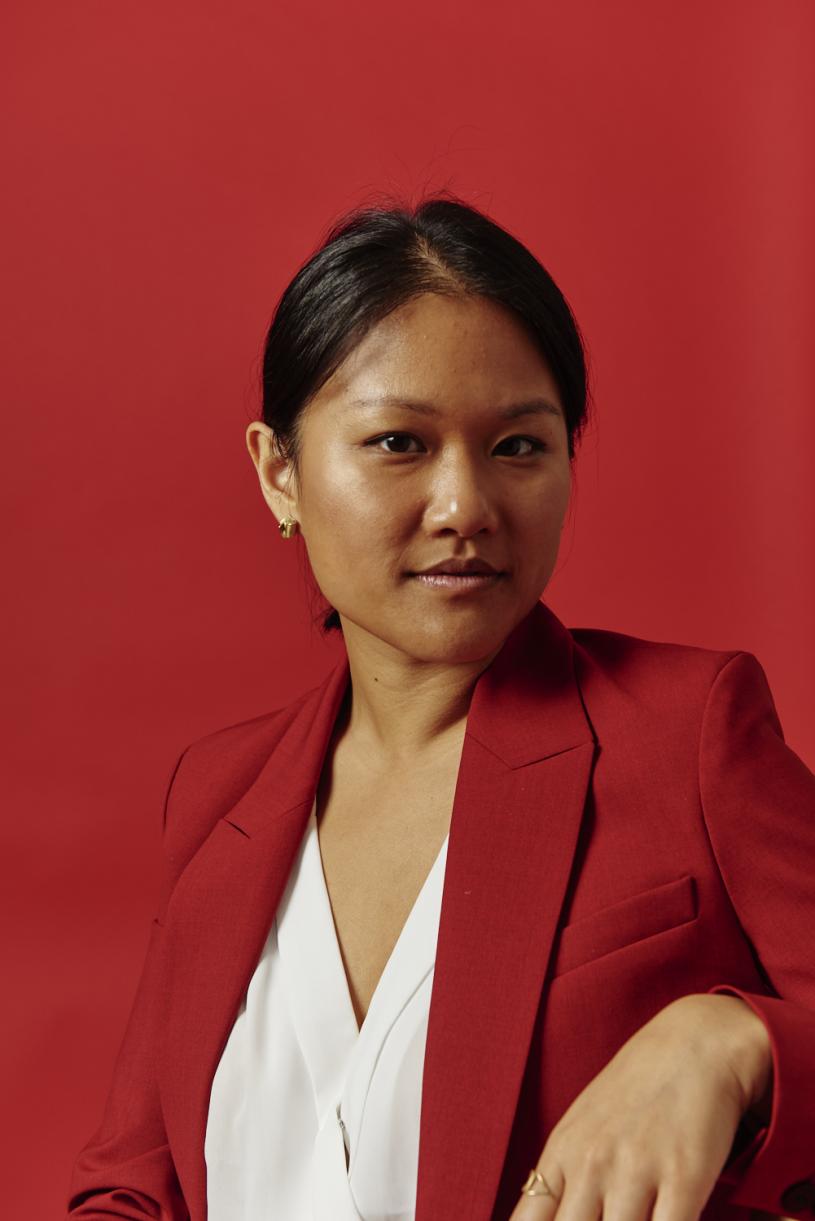
Karen Hao
Karen Hao is an award winning HK-based reporter at the Wall St Journal, previously senior editor at MIT Technology Review. She has a M.Eng degree from MIT, worked at an Alphabet spinout and now writes about the impact of cutting edge-AI and robotics.
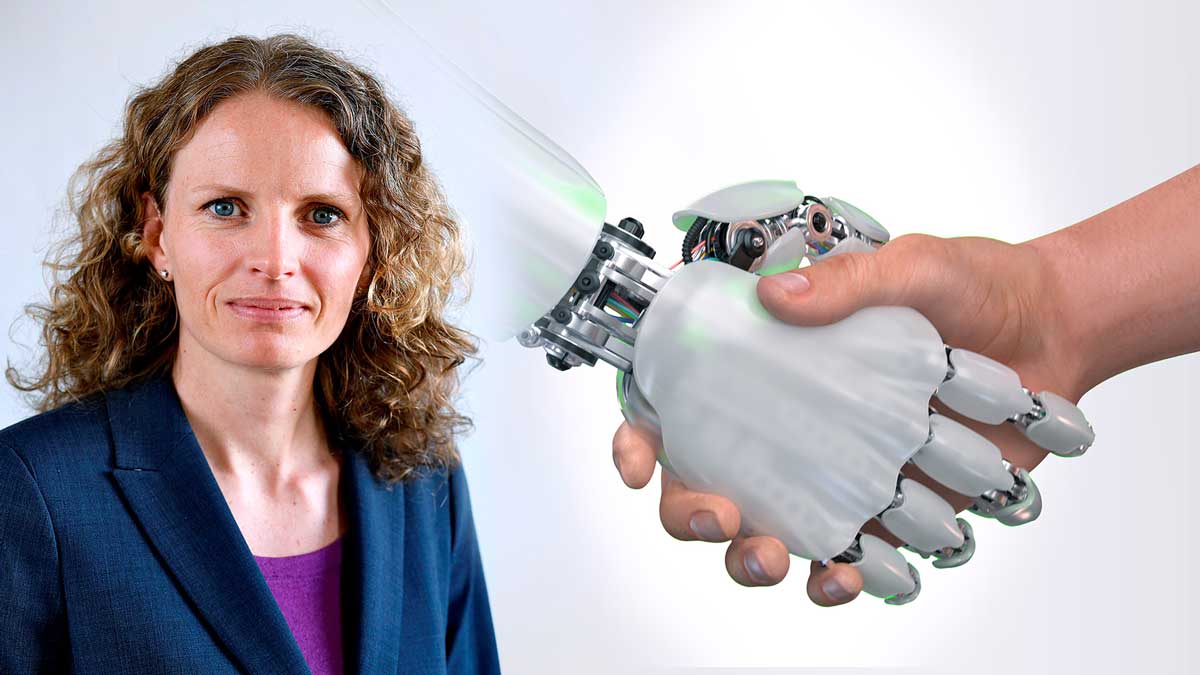
Helen Hastie
Helen Hastie is the Academic Lead for the new National Robotarium in Edinburgh. She has over 100 publications and has held positions in many scientific committees and advisory boards, and currently PI on the UKRI Trustworthy Autonomous Systems Node.

Deanna Hood
Deanna Hood is the Australian Young Engineer of the Year 2022 and an award winning engineering communicator. Most recently, she's been senior robotics engineer at Inventia Life Science for a pioneering skin printing robot for burn victims.
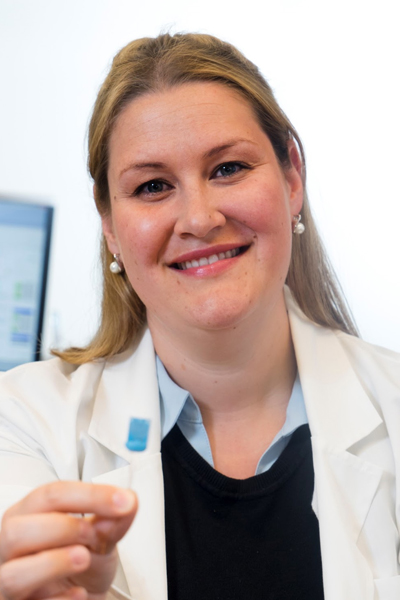
Rebecca Kramer-Bottiglio
Rebecca Kramer-Bottiglio leads the Faboratory at Yale University, exploring shape-shifting and adaptive soft robots. Her lab is developing new multi-functional materials, soft sensors and actuators, to reduce the complexity of responsive systems.

Sophie Lantermann
Sophie Lantermann is Head of Robotic Products for Franka Emika, a fast growing and award winning company with a force sensitive robot platform. She studied M.Eng at Cambridge and TUM before working at DLR, and MAN Truck & Bus.

Beatriz Leon
Beatriz Leon is Head of Software for Shadow Robot Company, the world leading manufacturer of robot hands. She has many years of experience across the robotics industry and a PhD in advanced computer systems. She is based in Bogota Colombia.
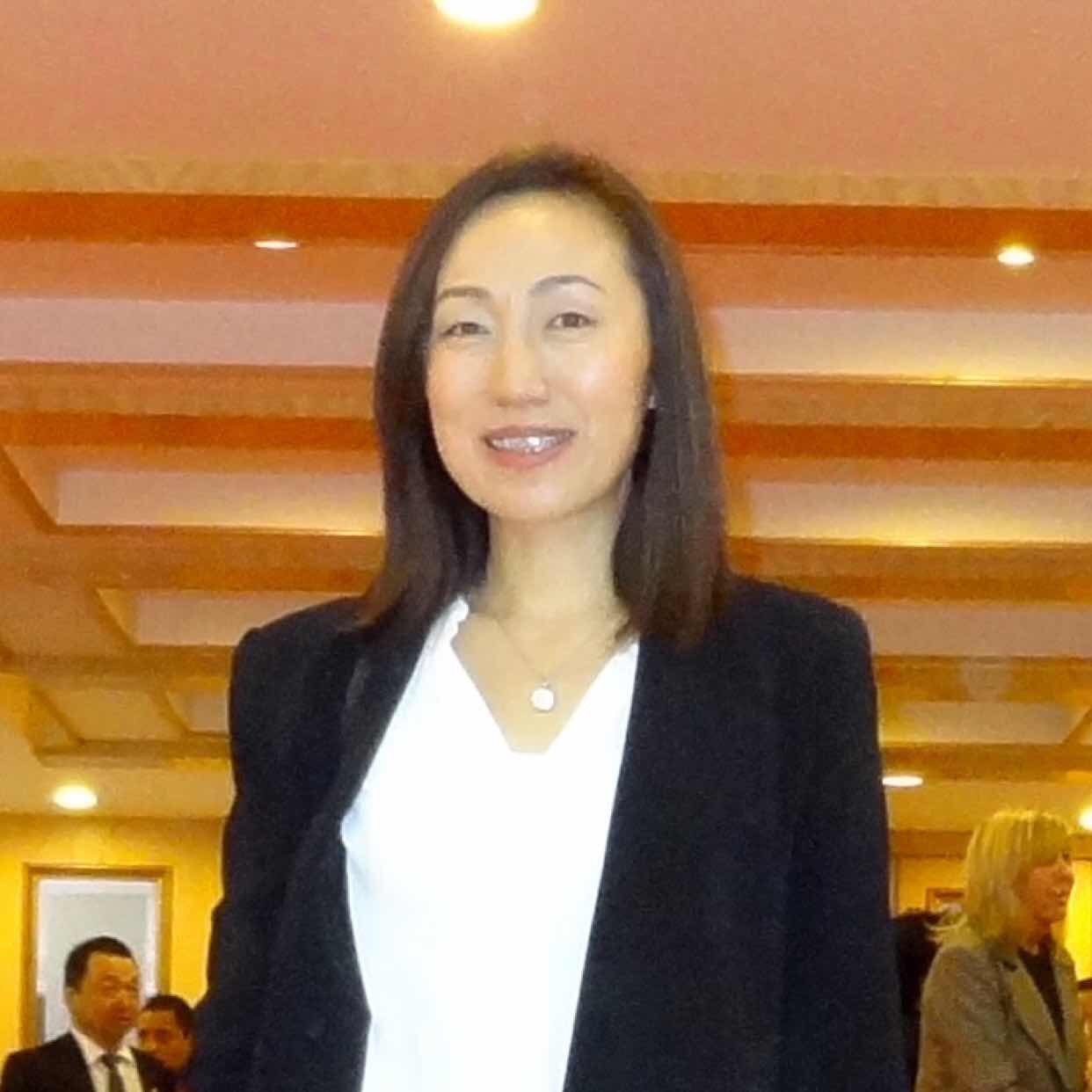
Xiaoou Li
Xiaoou Li is a professor of computer science at CINVESTAV-IPN Mexico, the National Polytechnic, and General Chair of the recent IEEE RAS CASE 2022 conference. She focuses on AI, machine learning and data science for industrial automation.

Angela Maio
Angela Maio is a Mech Engineer at the U.S. Army DEVCOM Army Research Lab. She earned her MS in Mech Eng from the University of Colorado, and was Virtual Competition Lead for the DARPA SubT Challenge, advancing underground robotic exploration.
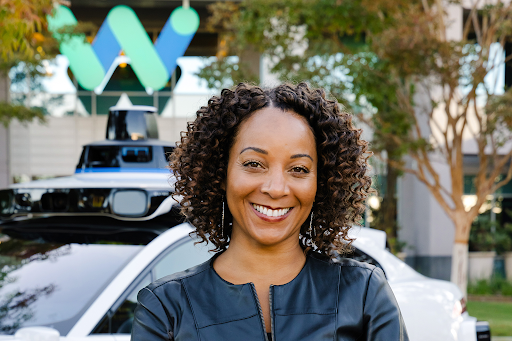
Tekedra Mawakana
Tekedra Mawakana is CoCEO of Waymo, an autonomous driving tech company. She has led global teams across continents at several large companies, and been recognized by Automotive News in 2020 as a Leading Woman in the North American Auto Industry.
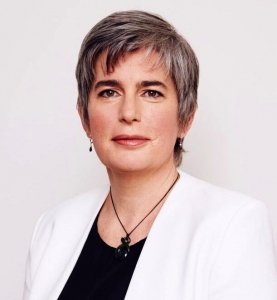
Catherine Mohr
Catherine Mohr is President of the Intuitive Foundation and previously the Vice President of Strategy for Intuitive Surgical. Mohr has a diverse background holding a B.S. and M.S. in Mech Eng from MIT and an M.D. from Stanford University.
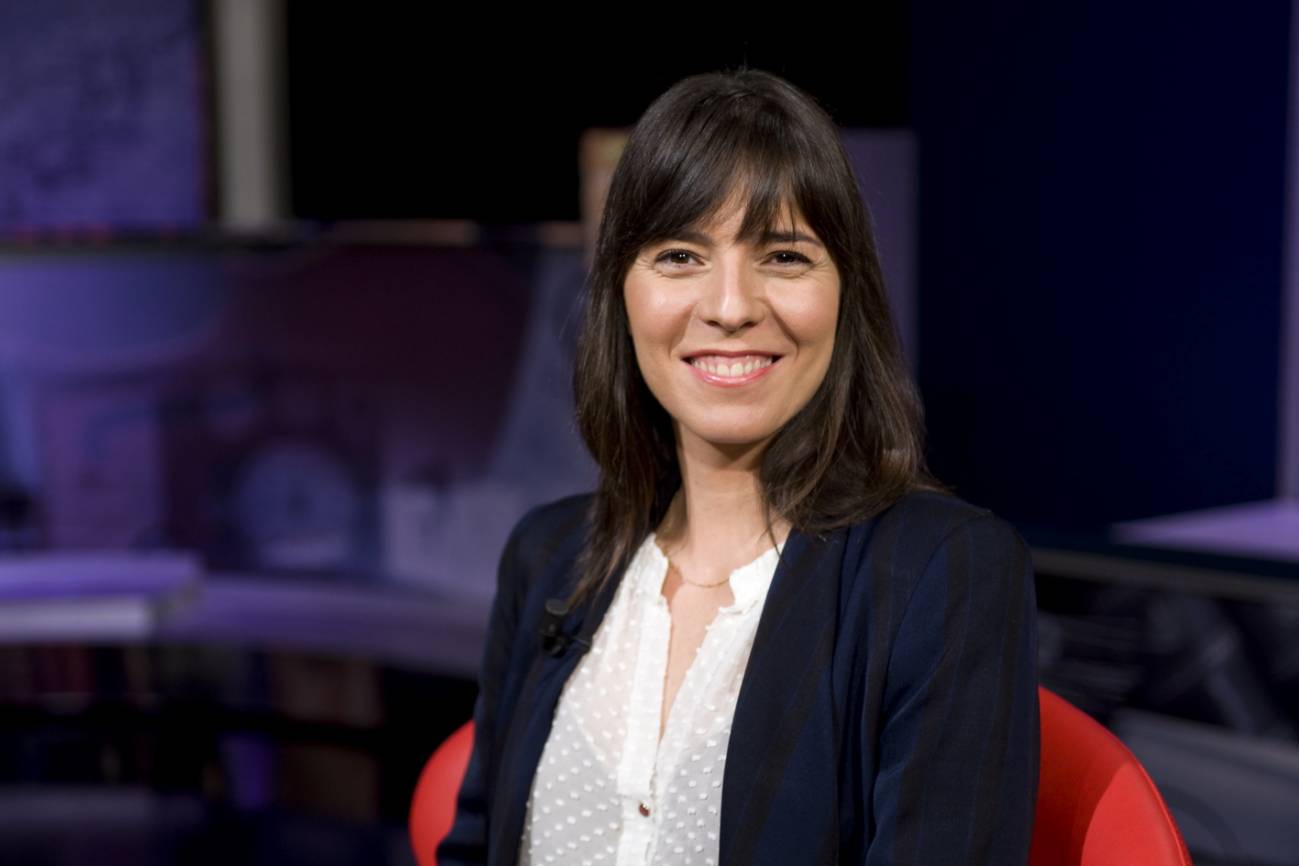
Concha Monje
Concha Monje is a Full Professor at Carlos III University of Madrid. She earned her PhD in Industrial Eng. from the University of Extremadura (2006) with distinction and awards. She is a frequent guest speaker and experienced scientific reviewer.

Goldie Nejat
Goldie Nejat is the Canada Research Chair in Robots for Society, a Full Professor at the U of Toronto, and an Adjunct Scientist at the Toronto Rehabilitation Inst. She is the Founder and Director of the Autonomous Systems and Biomechatronics Lab.

Roberta Nelson Shea
Roberta Nelson Shea is the Global Technical Compliance Officer at Universal Robots, with over 40 years of experience in safety and standardization for automation. She was recognized by SME as an Exceptional Woman in Robotics and Automation.
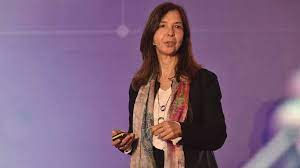
Ana Paiva
Ana Paiva is a Full Professor in the Dept of Computer Science and Eng, at the University of Lisbon and coordinator of GAIPS “Intelligent and Social Agents Group” at INESC-ID. Paiva is the Katherine Hampson Bessell Fellow at Radcliffe Institute.
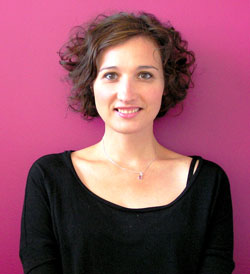
Marta Palau Franco
Marta Palau Franco is a Programme Officer at the European Commission. She earned her MS in Marine Sciences from the University of Barcelona. Franco was previously Project Officer at euRobotics aisbl. She values the teamwork in robotics development.
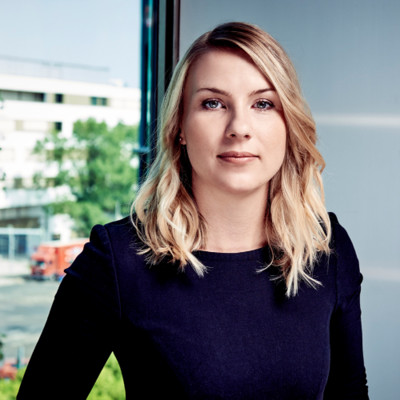
Maria Piechnick
Maria Piechnick is an innovator and CoFounder of Wandelbots, a Dresden startup that is revolutionizing industrial robotics. She was recently appointed as a core member of the advisory board "Young Digital Economy" at the BMWK.
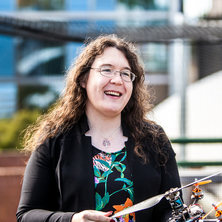
Pauline Pounds
Pauline Pounds is an Assoc. Professor at the University of Queensland with a wealth of experience in the mechatronics field, on topics including aerial drones, innovative sensors, and stability control. She earned her PhD in Robotics at ANU in 2008.
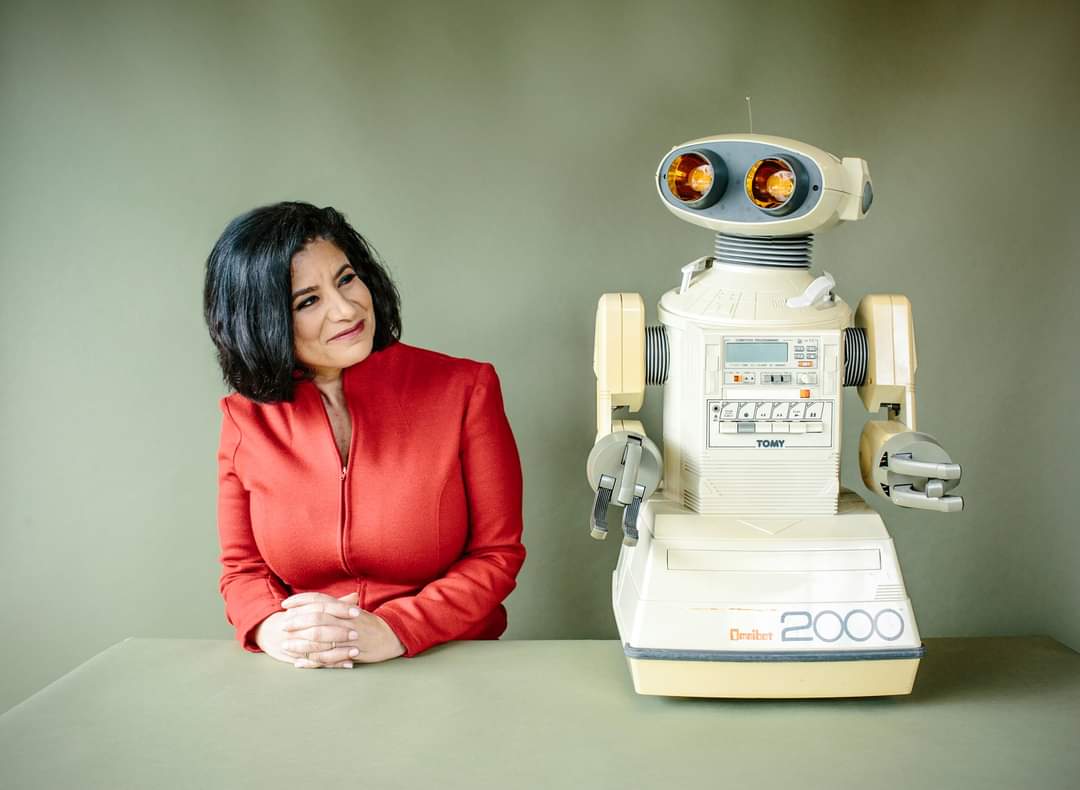
Joanne Pransky
Joanne Pransky, the World's First Robotic Psychiatrist, is an American robotics enthusiast and futurist who provides professional advice on the use and marketing of robotics devices. Pransky is a pioneer, in studying the personal robotic evolution.
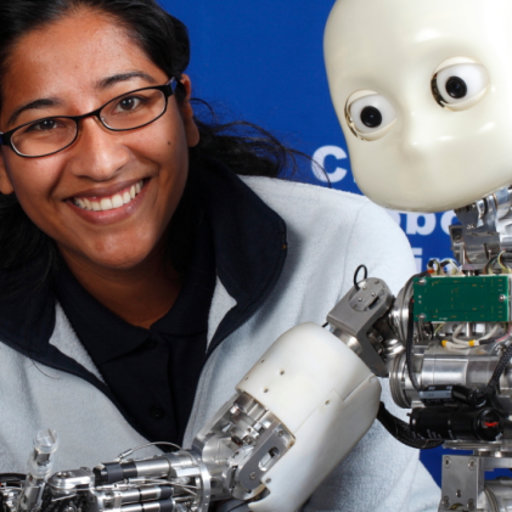
Karinne Ramirez-Amaro
Karinne Ramirez-Amaro is a Docent/Assoc. Professor at Chalmers University of Technology. She completed her Ph.D. at the Technical University of Munich. She received the Laura Bassi award granted by TUM and the Bavarian govt. as a postdoc fellow.
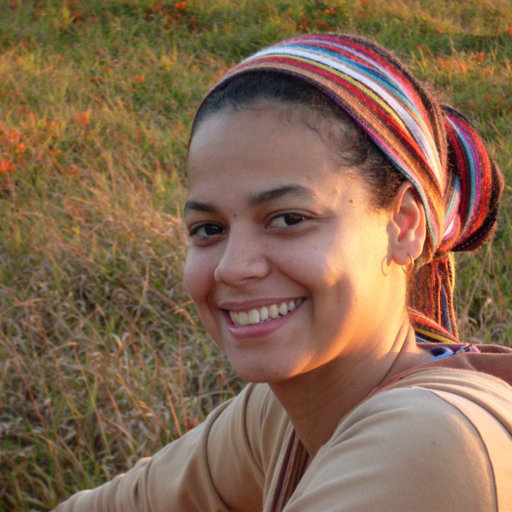
Maira Saboia Da Silva
Maira Saboia Da Silva is a Postdoc Researcher at NASA Jet Propulsion Lab. She completed her Ph.D. in Computer Science and Eng. at the University at Buffalo. Da Silva was selected as a Finalist for the Best Systems Paper Award at the RSS in 2018.
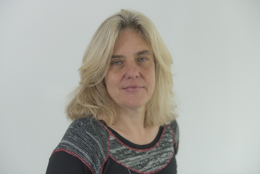
Cordelia Schmid
Cordelia Schmid is Research Director at INRIA. Since 2018 she holds a joint appointment with Google research. She is a fellow of the IEEE. Schmid is recognized as one of the world's leading specialists in computer-aided vision.
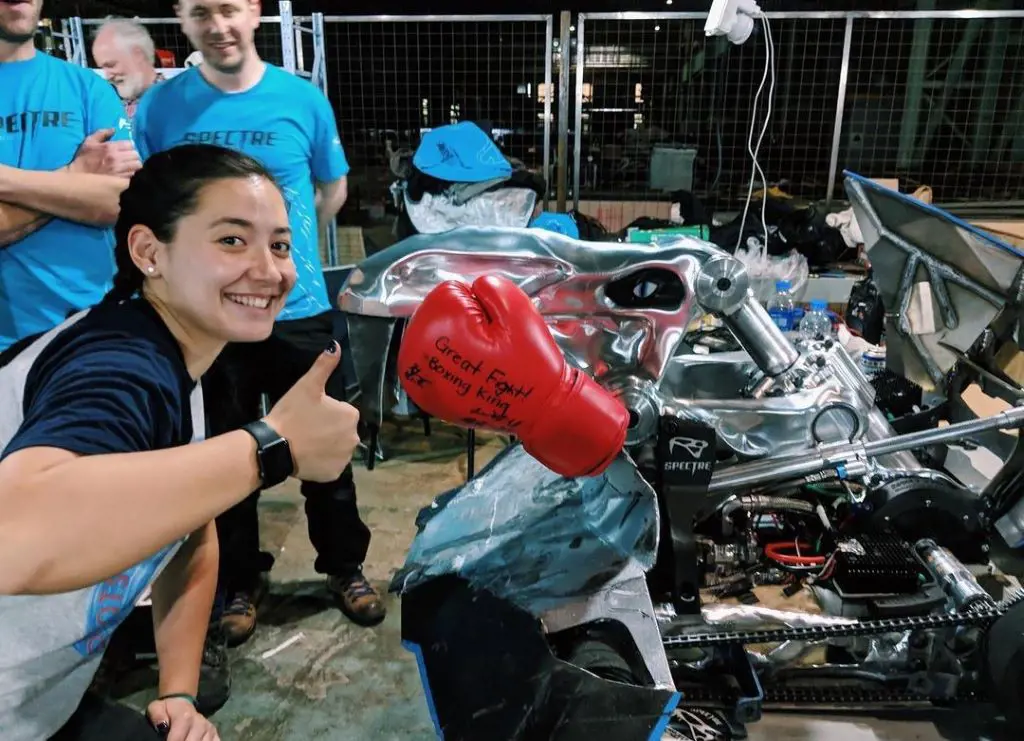
Ginger Schmidt
Ginger Schmidt is a Mechanical Engineering and Physics Ph.D. student at MIT, who served as Cocaptain of her team and won the Battlebots title in 2021. Schmidt is also a Graduate Student Researcher at Harvard Medical School and Massachusetts General.
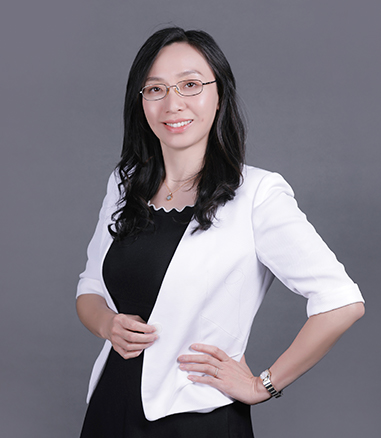
Jie Song
Jie Song is an Assoc. Professor at Peking University. She has been honored with the Outstanding Young Researcher award by Lvye Pharma, among many faculty awards. Her research is supported by the NSFC. Song is also an Assoc. Editor for IEEE.
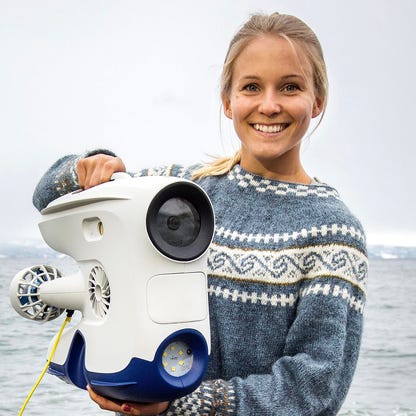
Christine Spiten
Christine Spiten is a Norwegian sailing champion, Engineer, and CoFounder of Blueye Robotics, also CoCaptain of EntrepreneurShip One. Spiten has been selected as Forbes 30 under 30 most important Tech Founders, among many other recognitions.
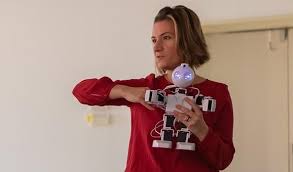
Ana-Maria Stancu
Ana-Maria Stancu is CEO of Bucharest Robots the first Romanian start-up for humanoid and service robots in Romania. She utilizes extensive NGO and robotics expertise as a Board Member of euRobotics aisbl and a Natl Coordinator at Saptamana Roboticii.
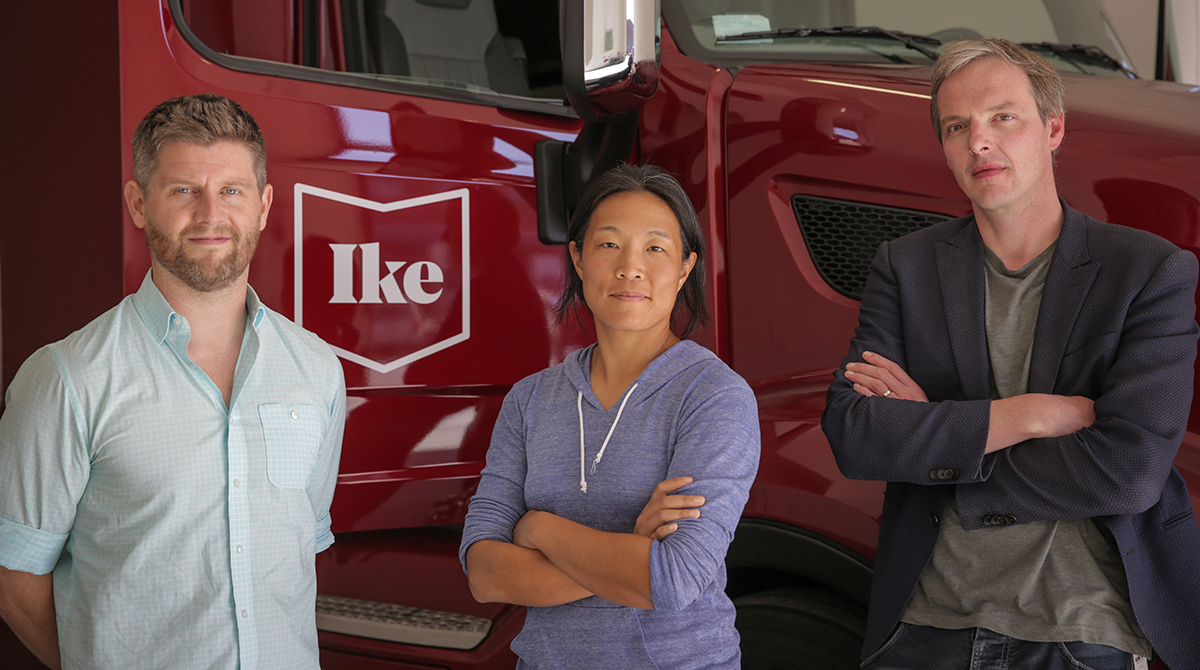
Nancy Sun
Nancy Sun is Head of Systems & Safety at Nuro, a startup bringing zero emissions autonomous delivery to communities. Previously, CoFounder & Chief Engineer at Ike (acquired by Nuro). Sun has deep expertise in systems engineering and transportation.
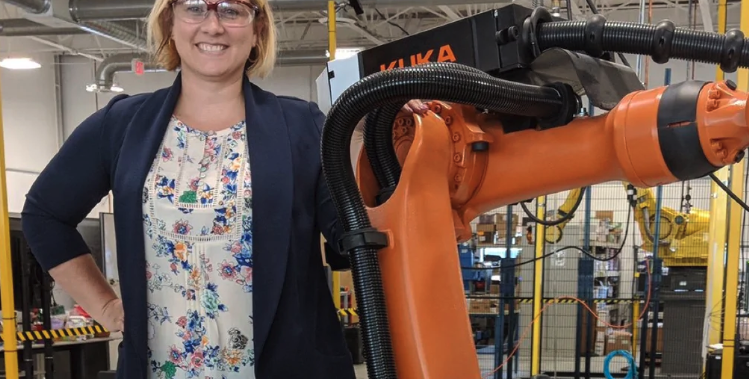
Mikell Taylor
Mikell Taylor is Principal Technical Program Manager at Amazon Robotics, where she leads the Autonomous Mobility technology and product development program. In 2018 Taylor was recognized as a top woman in the Boston tech community by Accomplice VC.
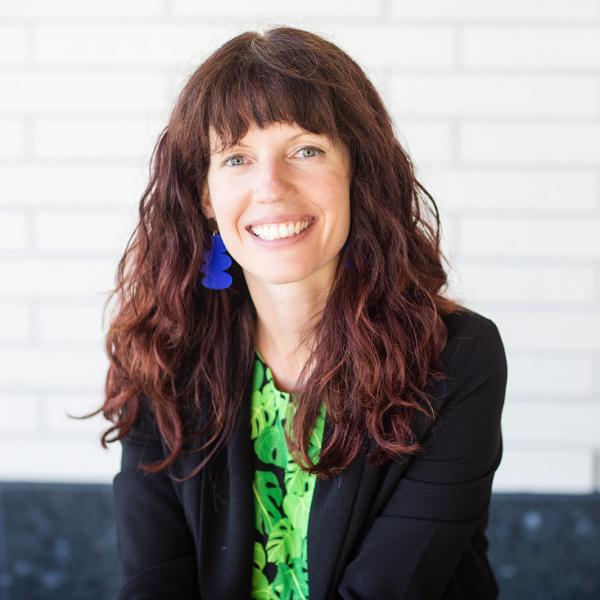
Kristen Thomasen
Kristen Thomasen is one of the leading Canadian experts in robotics law and policy, specializing in drone regulation and the privacy impacts of robotic tech. She is an Assistant Professor in Law, Robotics, and Society at the University of Windsor.

Ecem Tuğlan
Ecem Tuğlan is a CoFounder of Fenom Robotics a company that builds the World’s First Hologram Displaying Robot. Tuğlan is a NASA-approved robopsychologist. Her studies focus on optimizing the human-robot interaction.
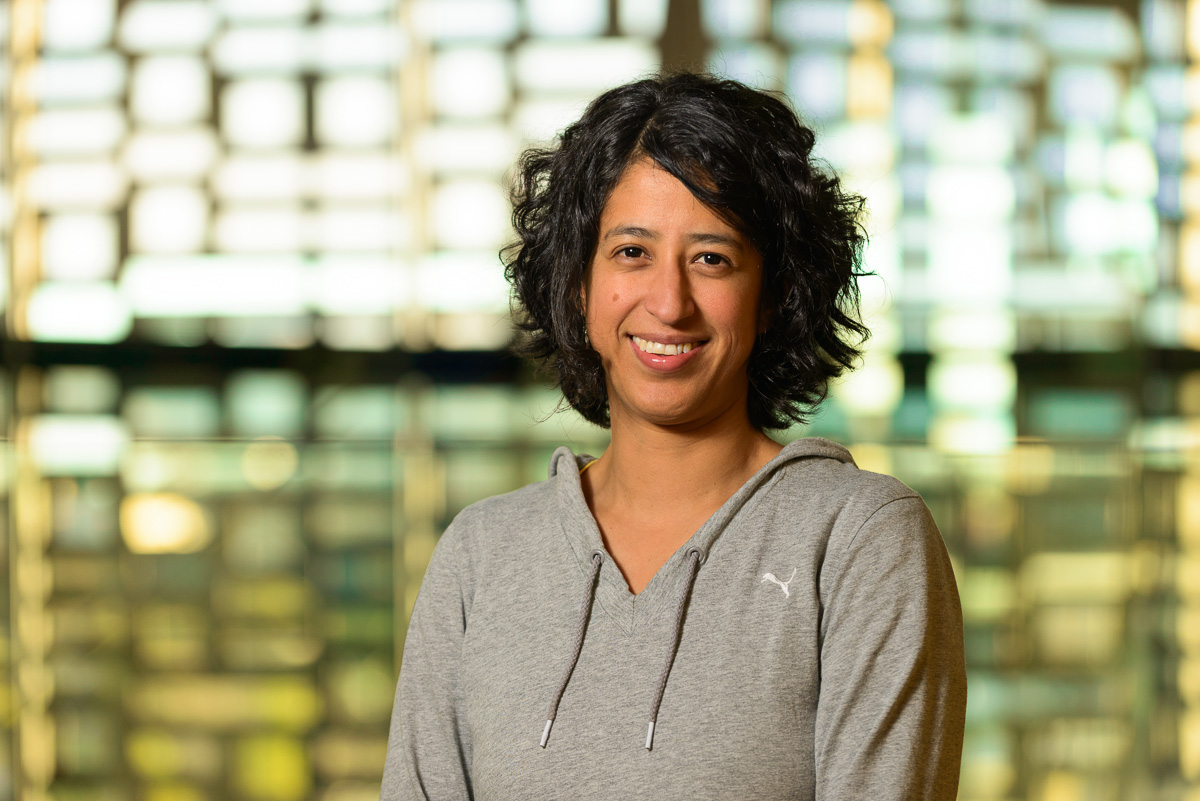
Teresa Vidal Calleja
Teresa Vidal Calleja is a Research Director and Associate Professor at the University of Technology Sydney. Calleja is a robotics expert, who currently has an ARC Discovery grant to work on sensors for the next generation of infrastructure robotics.

Pooja Viswanathan
Pooja Viswanathan is the Founder and CEO of Braze Mobility, a company that created the first blind spot sensor system for wheelchairs. She was a Post Doc Fellow at the University of Toronto where her research focused on Robotics & Assistive Tech.
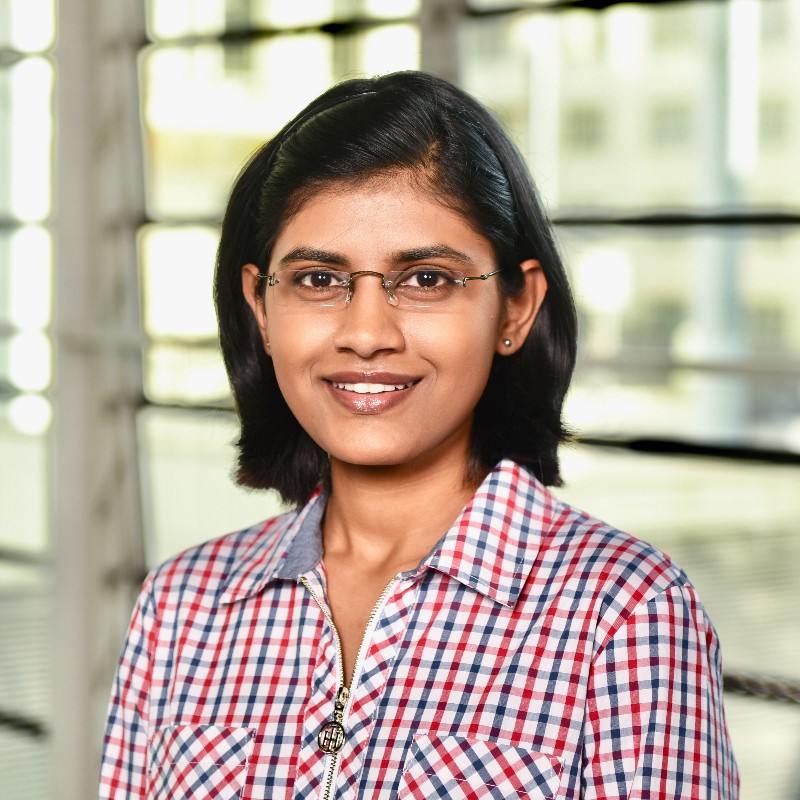
Maitreyee Wairagkar
Maitreyee Wairagkar is a biomedical scientist developing advanced neurotechnology using artificial intelligence. Wairagkar is a Postdoctoral Researcher at UC Davis and BrainGate Consortium. She has a passion for developing life-enabling technologies.
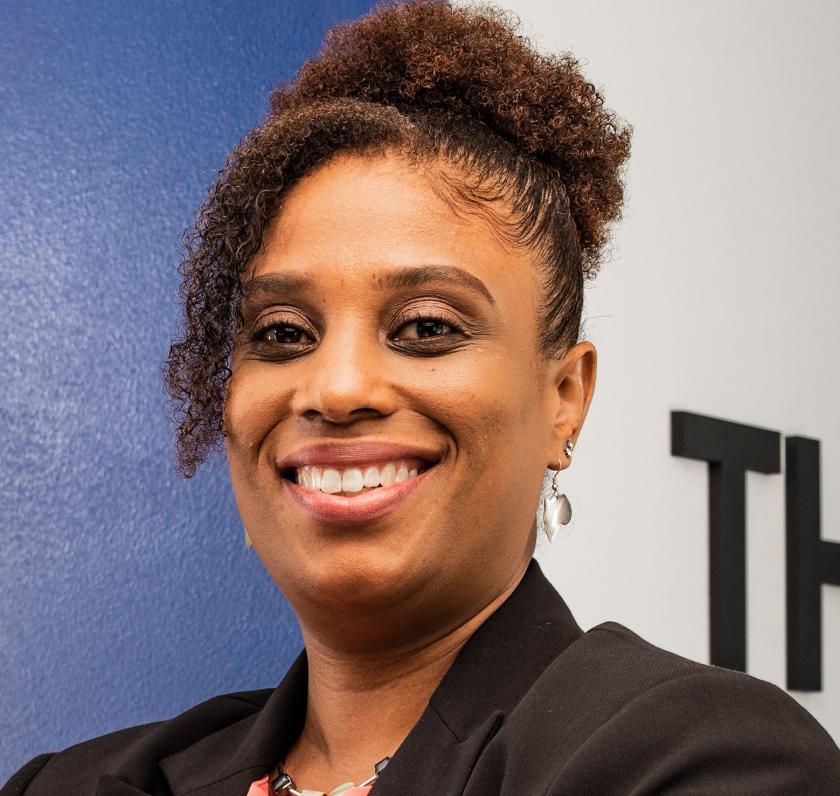
Aisha Walcott-Bryant
Aisha Walcott-Bryant is a Senior Staff Research Scientist at Google. She earned her Ph.D. in Electrical Eng. and Computer Science at MIT and has a strong interest in developing AI tools for Global Health. Aisha is the program co-chair for ICRA'22.
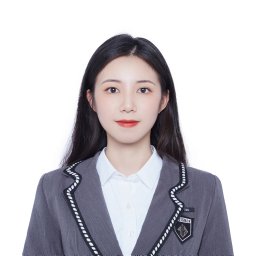
Yuyan Wang
Yuyan Wang, a researcher at Sichuan University is one of the lead authors on a study of robo-fish that are able to remove microplastics from seas. An incredible robotics development, as we face the critical environmental harm of microplastics.
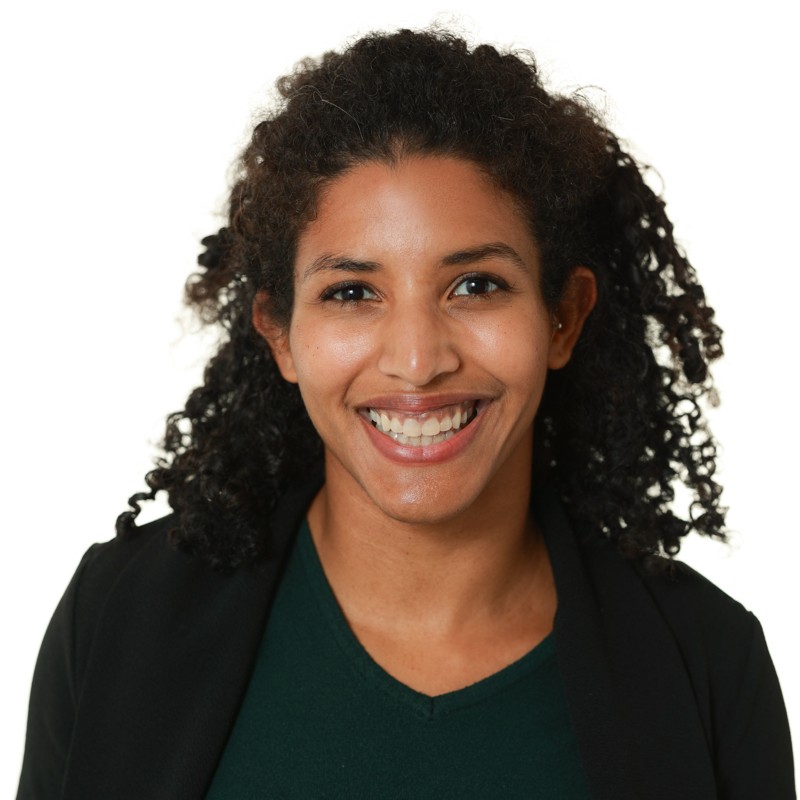
Sophia Williams
Sophia Williams is a Senior Software and Controls Engineer at Auris Health, Inc. She is a recent graduate of Standford, where she earned her Ph.D. in Electronics and Electrical Engineering. Williams is also a chapter leader for Black in Robotics.
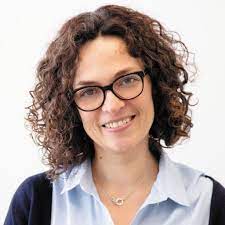
Agnieszka Wykowska
Agnieszka Wykowska, a cognitive neuroscientist, is the Principal Investigator of the Human-Robot Interaction research line at the Italian Institute of Technology. Wykowska is an Editor-in-Chief of the International Journal of Social Robotics.
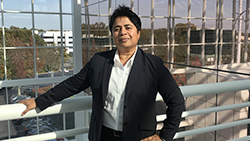
Nuzha Yakoob
Nuzha Yakoob, Head of Tech & Innovation at Festo, is among the industry’s leaders in developing new robotics and automation applications. Highly experienced, Yakoob was featured in SME's '21 list of women making their mark in robotics and automation.
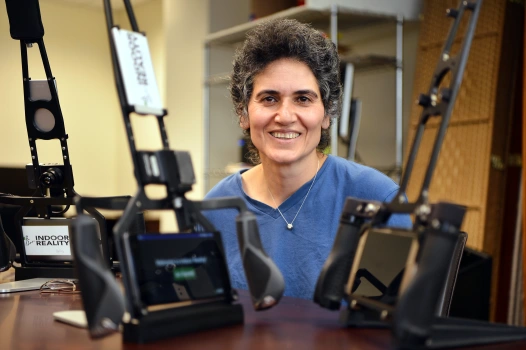
Avideh Zakhor
Avideh Zakhor is Qualcomm Chair and professor in EECS at U.C. Berkeley. A pioneering contributor to Google Earth and Street View, Zakhor is a Grand Challenge winner of DOE’s E-ROBOT Challenge for robots to improve building energy efficiency.